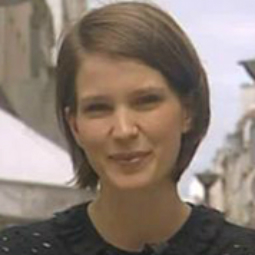The real story behind Downing Street’s ‘stolen’ cat
A number of Britain's major news websites reported this week that the Prime Minister’s new housecat, Larry, had been stolen from some unknowing auntie “who was left devastated when he ran away last October” (touching description courtesy of Daily Mail).
The ‘news’ was soon revealed as a hoax carried out by independent filmmaker Chris Atkins, who has already duped the media into believing, and then re-selling, a number of ludicrous claims and products over the past few years. Why so? To highlight, he says, what has come to be known as ‘churnalism’, or news content which is snapped up from news agencies (or elsewhere) without being verified, never mind edited.
This week’s cat-related embarrassment arrived just in time for the launch of the website churnalism.com, set up by charity the Media Standards Trust, ‘to help the public distinguish between original journalism and ‘churnalism’. The creators ask the public to paste press releases into their ‘churn engine’, which compares the text with a database of over three million news articles, to see just how many churnalists gave in to temptation and used the ctl+c ctrl+v function to produce copy.
The charity, which promotes ‘quality, transparency & accountability in news’, openly describes the online detector as ‘slightly mischievous’, but defends the idea as ‘constructive’.
For the time being, Churnalism.com only covers news produced by the UK national press. As Martin Moore from the Media Standards Trust points out, the UK has the second largest PR industry in the world – and more people working in PR than in journalism.
Nonetheless, Brits are not the only ones who have learned how to copy and paste. Churnalism.com is an initiative that should be welcomed in any country that wants to steer clear of PR-based news. And prevent heart-rending cat stories - which are quite untrue - from reaching the headlines, of course.




0 Comments
Post new comment